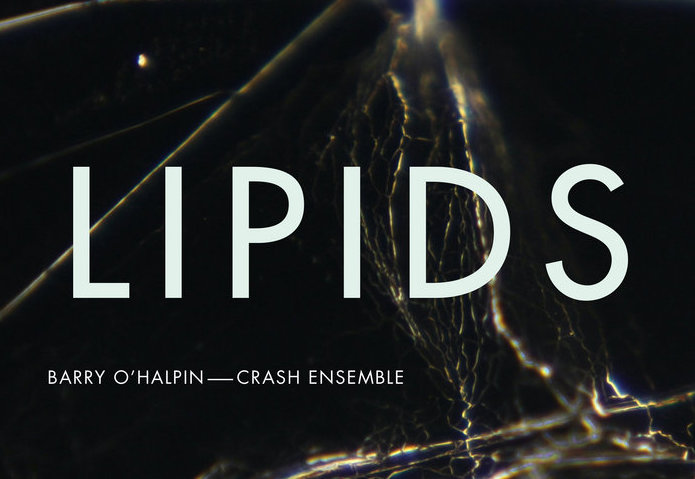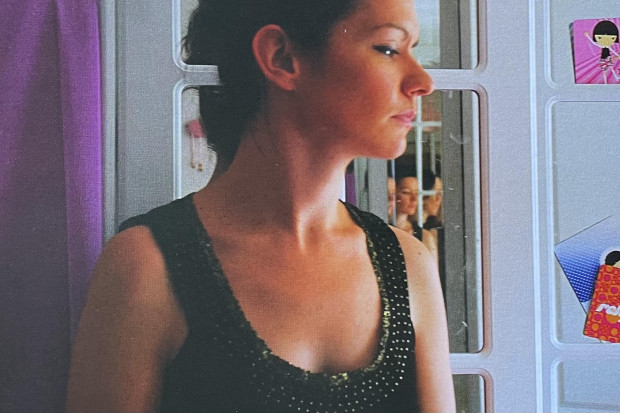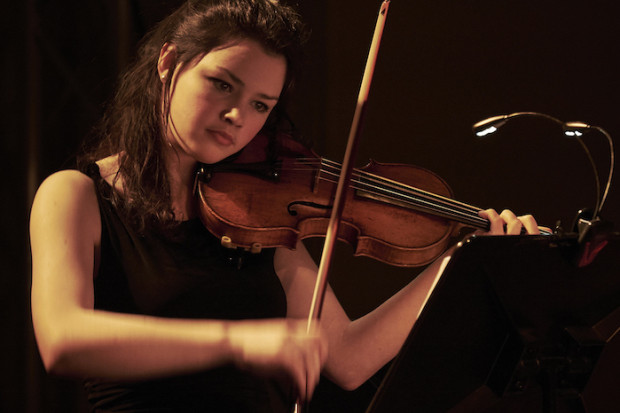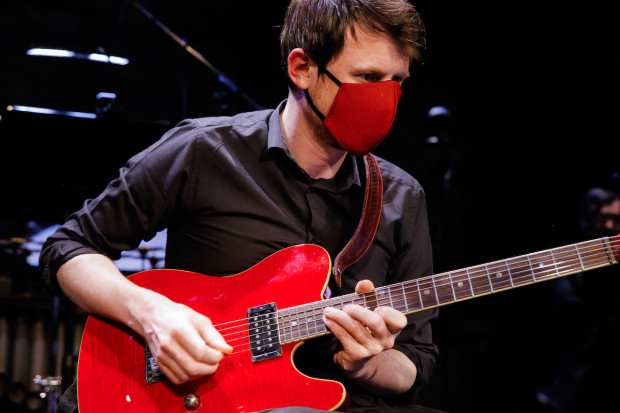
Within the Stillness
Barry O’Halpin’s Wingform was, I suspect, something of a remarkable happening when the Crash Ensemble premiered it at this year’s New Music Dublin festival in April. This hour-long work, which capped O’Halpin’s stint as composer-in-residence at Crash, was positively reviewed by the Journal of Music, and in the present reviewer’s mind, too, is magnificent in its emotional and musical maturity. Unfortunately, if you missed the premiere, it’s not clear when you’ll next be able to hear it, so a release of a recording of O’Halpin’s music from March might be just the tonic.
This digital release, Lipids, is a 20-minute EP comprising three pieces O’Halpin wrote between 2013 and 2019, and it is natural to listen to it in light of the larger, later work. Under this aspect, Lipids sounds like a set of preparatory compositional studies. It paints similar soundscapes, uses the same forces, and even, occasionally, uses similar motifs and techniques.
The earliest composition, ‘Lethargarian’ (2013–14), for Crash, is a strong work and well worth recording. There are plenty of inspired moments in it: I particularly loved the heavy, dirty colour towards its close, and it has a fantastic grooviness. (This grooviness is brought out powerfully by the crisp conducting of David Brophy and by the agility of the players). But there are also moments – a run here or a chord there – that are not quite in character with the rest of the work, or in which O’Halpin’s own voice does not come through with clarity. It is still a great piece of music – just one overshadowed by O’Halpin’s own later work.
‘Lipids’ (2015), for bass clarinet (Deirdre O’Leary), cello (Kate Ellis), and electric guitar (John Godfrey) already shows a noticeable development: this is a subtler, more careful, and more atmospheric work, but within this stillness there is plenty of skittering and snarling. Despite the more limited instrumentation of this piece, O’Halpin finds if anything greater breadth and richness of sound than in ‘Lethargarian,’ and his ability to weave this all together into a cohesive – and intense – texture is remarkable.
Surely the highlight, though, is ‘Stridula’ (2018–19), for solo electric guitar performed by O’Halpin himself. This is an intimate, quiet work which takes for musical material squeaks, high harmonics, muted notes, and so on, audible only thanks to the electric guitar’s pick-ups, and (I think) treated with stompbox electronic processing. It is a pleasure to hear new music written for electric guitar that has no hint of warmed-over rock motifs, and indeed, O’Halpin’s writing on ‘Stridula’ is as good as I have ever heard for the instrument in a classical context.
Lipids is short, but it is dense and substantial. It is also great to have some easily available recording of O’Halpin’s work, especially so early in his career. (The only other recording of his classical work is his ‘Hox’ (2018–19) on Lina Andonovska’s A Way a Lone a Last (2020). And it is fascinating to hear the roots of Wingforms, which may prove to be a major Irish work. I await the CD release of Wingforms.
To purchase Lipids, visit https://crashensemble.bandcamp.com/
Published on 23 June 2021
James Camien McGuiggan studied music in Maynooth University and has a PhD in the philosophy of art from the University of Southampton. He is currently an independent scholar.

















